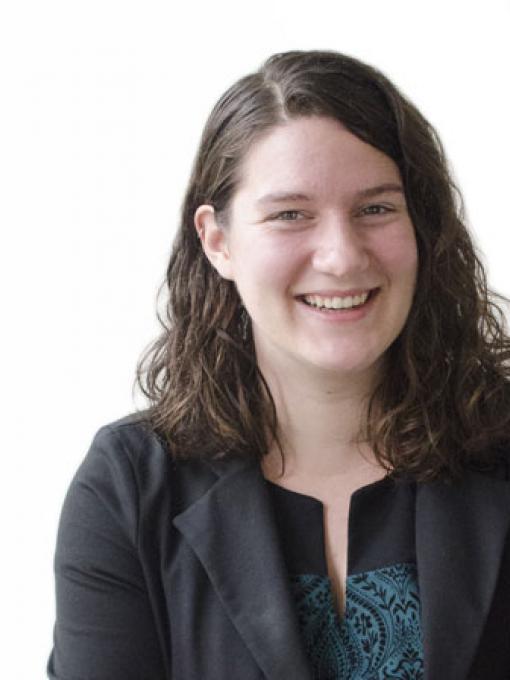How do we answer to “that of God” within every sojourner in our midst?
Communities across the southern border are putting that faithful query into practice every day. In contrast, Congress is emphasizing increased detention and border militarization, treating community support for migrants as an afterthought.
As Friends lobbying for just laws, our work is to bridge this divide and ensure that the government treats migrants with dignity. You can see a spark of this vision daily in American communities from Brownsville, TX to San Diego, CA.
In El Paso, nearly 2,000 asylum seekers are released from federal processing weekly. They often end up in a network of shelters run by local faith communities. Volunteers keep children busy with coloring books while their mothers charge their ankle monitors. Small donations from across the country help provide pillows, soap, and other supplies. Not a single cent comes from the government.
Connie Crawford and John Russell (El Paso Friends Meeting, Intermountain Yearly Meeting) are among F/friends doing laundry and rolling burritos for families to eat on long bus trips. I recently asked Crawford what she wanted Friends to know about border and migration controversy. “We’re not frightened,” she said.
This community-driven partnership is not the border that President Donald Trump wants you to hear about. Nor does he talk about it.
His recent national emergency declaration does not address the true crisis at the border. The true problem is a moral crisis of immigrant children separated from their parents as families seek safety. It is a crisis of walled off communities and of refugees detained in military camps. It is a humanitarian crisis fueled by deploying troops and illegally banning some asylum seekers looking for safety.
How do we answer to “that of God” within every sojourner in our midst?
As in El Paso, there are remedies through community support without any federal funding at all. Yet Congress is pouring $25 billion annually into the underlying machinery that worsens the crises at our southern border. The last two years have further rooted a system unduly focused on enforcement rather than in reform. Congress added $3 billion more to fund border militarization and to build more barriers. Immigration and Customs Enforcement (ICE) jailed 49,000 migrants in February – a record high.
Congress’ best avenue to hold the Department of Homeland Security (DHS) accountable is through funding. But the DHS and President Trump continue to flagrantly ignore congressional authority.
When a government agency repeatedly violates its standards for detention, has an alarming record of deaths in custody, and habitually overspends, it is time to start envisioning a different path forward.
Border communities are already providing a working model for what smart, effective, community-based alternatives to detention can be. A federally funded Family Case Management Program operated in five cities to help asylum seekers while undergoing the asylum process. The program was 99 percent effective in helping families show up for routine check-ins and court hearings. With legal support, many families in this program won their asylum cases. Despite its success, the Trump administration ended the program in 2017 because it was helping too many people stay in the country.
Our country’s asylum and immigration systems simply rely too much on unnecessary incarceration. Therefore, we must advocate for a shift away from detention.
Imagine if our government spent billions to helping communities provide shelter and legal aid to welcome people seeking asylum and family unity. American communities are already successfully doing their part; now we need Congress to invest in it.
This vision of compassionate immigration is what nearly 400 young people – many of them Dreamers – are going to ask their members of Congress to support during the 2019 Spring Lobby Weekend. Activists will call on Congress to reject increased funding for immigration enforcement. Instead, they will ask for more funds invested in alternatives to imprisoning people seeking a life in this country.
